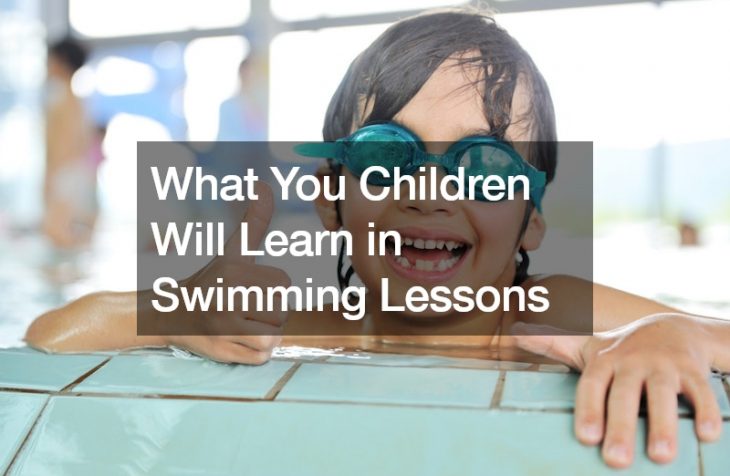What You Children Will Learn in Swimming Lessons

Swimming lessons offer children a structured environment to learn essential water skills that promote safety, confidence, and physical fitness. In beginner swimming lessons, children typically start with water acclimatization and basic flotation techniques. They learn fundamental water safety rules, such as how to enter and exit the pool safely and how to float on their backs. As they progress, instructors introduce stroke techniques, including freestyle and backstroke, focusing on proper body positioning and breathing techniques.
These lessons also emphasize building endurance and improving swimming efficiency through drills and practice sessions.
Beyond stroke mechanics, swimming lessons teach children crucial survival skills, such as treading water and reaching safety in case of an emergency. They also learn rescue techniques and how to assist others in distress, fostering a sense of responsibility and community awareness around water bodies. Additionally, swimming lessons promote water confidence by gradually exposing children to deeper water and challenging them to overcome fears through guided activities and positive reinforcement.
Swimming lessons contribute to overall physical development by engaging multiple muscle groups and improving cardiovascular health. Regular participation in lessons not only builds strength and endurance but also enhances coordination and agility. By mastering these skills in a supportive and structured environment, children gain a lifelong appreciation for aquatic activities while acquiring invaluable tools for staying safe in and around water.
Swimming lessons are comprehensive in their approach, equipping children with essential water skills, fostering confidence, and promoting physical fitness, ensuring they are well-prepared to enjoy and navigate aquatic environments safely.
.

